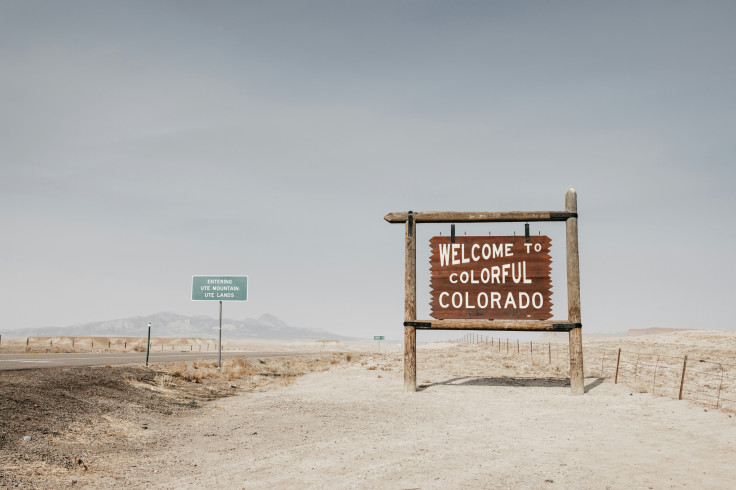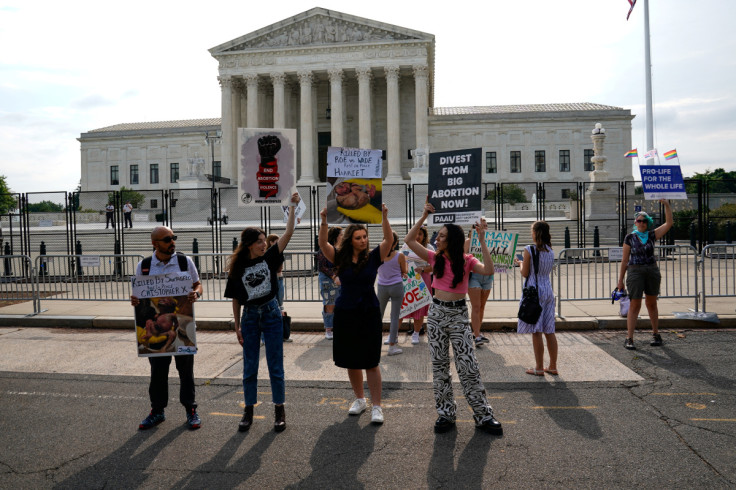
NEW YORK CITY - Following a controversial decision by the Alabama Supreme Court late February -it ruled that embryos are considered children- Gob. Kay Ivey signed a GOP-proposed bill to protect in vitro fertilization into law on Wednesday night.
The legislation serves as a short-term solution that would allow clinics in the state that had halted their services to open. Yet, it does not answer the core question prompted by the court's decision: whether an embryo created by IVF should be treated as a child under state law, NBC News reported.
"IVF is a complex issue, no doubt, and I anticipate there will be more work to come, but right now, I am confident that this legislation will provide the assurances our IVF clinics need and will lead them to resume services immediately," Ivey said in a statement.
The Alabama case has once again put reproductive healthcare at the top of the national conversation, illustrated by the fact that it was addressed by President Biden in his State of The Union speech on Thursday night.
From congresswomen dressing in white to show their support for abortion rights, to reproductive rights advocates being invited by the First Lady, and even President Biden mentioning his plans to reinstall Roe v. Wade if he is re-elected with a Democratic Congress, the right to choose proved to be a top issue ahead of the November elections.
Since the 2022 U.S. Supreme Court decision to overturn Roe v. Wade, most Republican-controlled states have placed new abortion restrictions, including 14 that ban it at every stage of pregnancy. Democrat-dominated states, on the other hand, have laws or executive orders to protect its access.
This year's election will likely prove to be a decisive moment for abortion in the U.S., as many states will take to the ballots the issue and decide whether or not to enshrine the right to choose.
A majority of Hispanics (57%) have said abortion should be legal in most or all cases, a slightly smaller share than among the U.S. public overall (62%). While it is not clear yet how many states will vote on these measures, one thing is true— Hispanics and Latinos will play a crucial role in these races.

Here are the states that will see abortion on its ballots
Maryland
The state already protects the right to abortion under state law and Democrats outnumber Republicans 2-1. Right now, abortion is allowed in the state until viability.
Maryland has one of the country's lowest percentages of Latino eligible voters, at 39% as of Jan. 2024, according to the Pew Research Center.
New York
New York lawmakers agreed to ask voters to bar discrimination on the basis of pregnancy, pregnancy outcome and reproductive healthcare as part of a broader equal protection amendment. It would also bar discrimination on the basis of sex, sexual orientation, gender identity, national origin and disability. Abortion is allowed in New York law until viability.
New York is among the states with the largest number of Latino eligible voters with 2.2 million. The state is just behind California (8.5 million), Texas (6.5 million) and Florida (3.5 million).

Here are states where abortion could be on the ballots and Latinos could tip the scale
Arizona
A signature drive is underway to add a constitutional right to abortion in Arizona, which would not let the state ban abortion until the fetus is viable. Arizona is just behind New York when it comes to the biggest states by number of Latino eligible voters, with 1.3 million people.
Colorado
There are dueling efforts on abortion in Colorado. One measure would create a voter-initiated law to ban access throughout pregnancy and the other would amend the state constitution to protect it. The abortion rights amendment would also require Medicaid and private health insurance to cover abortion. Colorado Latinos make up about 17% of the state's eligible voters.
Florida
Advocates collected nearly a million signatures to put a state constitutional amendment to legalize abortion until viability on the ballot, surpassing the nearly 892,000 required. State Attorney General Ashley Moody has asked the state Supreme Court to keep the measure off the ballot, saying there are differing views on the meaning of "viability" and that some key terms in the proposed measure are not properly defined. Florida Latinos make up about 22% of the state's eligible voters.
Nevada
Signatures are being gathered to place an abortion access amendment on Nevada's ballot in November. Under the amendment, abortion access for the first 24 weeks of pregnancy or later to protect the health of the pregnant person, which is already assured under a 1990 law, would be enshrined in the constitution. Nevada Latinos make up about 22% of the state's eligible voters.
For a full list of states that could have abortion on the ballots in November, click here.
© 2025 Latin Times. All rights reserved. Do not reproduce without permission.





